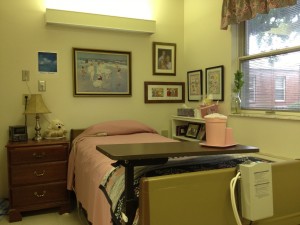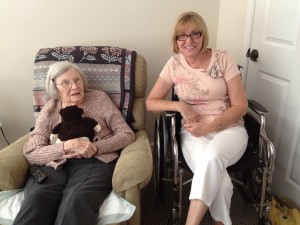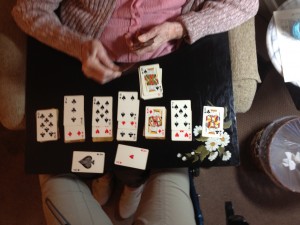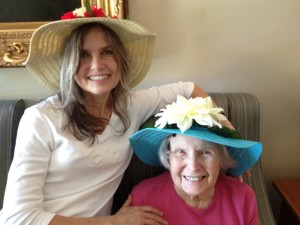Loving Gesture Enables the Next Generation – Get Your Affairs in Order
Have you got your affairs in order? Dave Ramsey calls it a Legacy Box, my uncle called it an Estate Book, and I call it an act of love. The person who will be in charge of deciphering and fulfilling your wishes needs to know the who, what, when, where, and how to do it.
If you haven’t already done so, get yourself a Durable Power of Attorney. This legal document allows the person of your choosing to act on your behalf when you are unable to. Now is the time to have that prepared, while you can still make decisions for yourself. It’s never too early to have this in place. If you are sixty or older, the Davis and Associates, Legal Counseling for the Elderly can provide that service for free through their connection with the Area Agency on Aging. If you are currently caring for someone else, you know that a POA is required to make any medical or financial decisions for them.
Next, have a Last Will and Testament made even if you don’t have a lot of money. If you do have a large or complicated estate, you may need to create a Revocable Trust to carry our your financial wishes. An Estate Planning Attorney can help you designate your long range plans. Once you have made decisions concerning what goes to whom after you die, let your family members know what is in your Will and why. This will help prevent any surprises and hard feelings between your heirs after you’re gone.
You may want to authorize a HIPPA Release in order to allow access to your medical records. An Advanced Directive for Health Care (Living Will and Health Care Proxy) is also necessary to make your medical wishes known. Again, you can call Alec Brown of Davis and Associates at 251-434-6848 for this free service.
Now place these documents in a labeled folder or box. In addition, add any other pertinent financial and identifying information you have. This includes bank account numbers and passwords needed to access them, insurance policies, burial plans and policies, social security cards and photo ID, financial investments, Bonds, Retirement Accounts, Property information and documents, and car titles. You would be kind to include contact information of people you have dealt with that will be helpful in settling everything. Phone numbers of friends and family is also helpful in communicating your death. You may even want to write your obituary and include it. The location of the security box key is important but remember that someone else’s name needs to be on that box so it can be accessed after your death. Include everything a person would need to know to carry out what you normally handle. Put your spouse’s information in there as well. Passwords for internet activity including social media like Facebook are necessary to access photos, etc.
Granted this is all valuable information and should be kept in a secure place. Either make copies for your entrusted family members or appointed executor so they can access the information when the time comes. Compiling this information before your death is one of the most loving acts you can do for your family. Make a list of what you need to do and begin the process. None of us will avoid death. Start today!






Recent Comments